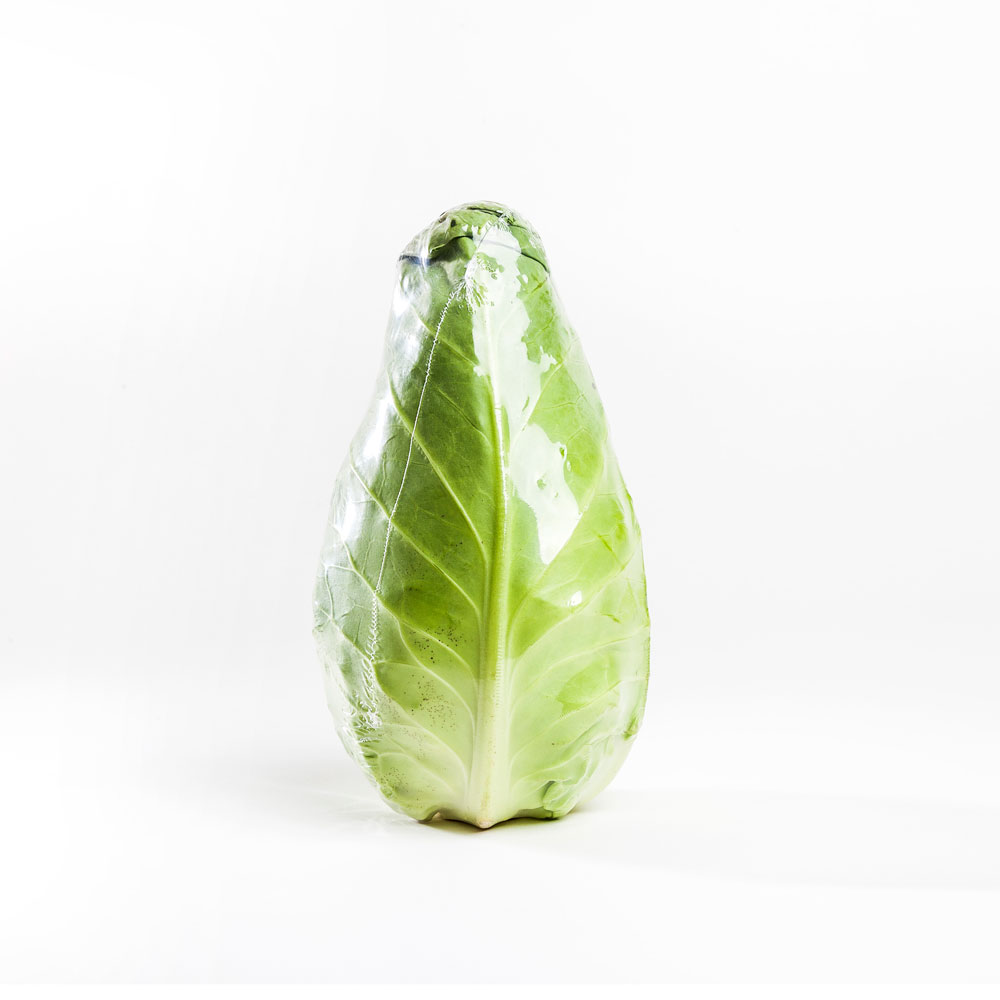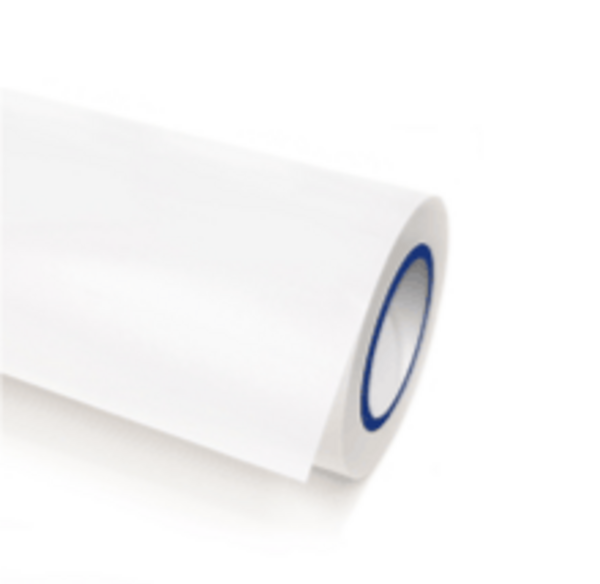|
|
mopack GmbH Vogelsangstraße 26 72581 Dettingen an der Erms Deutschland Fax: +49 7123 9746-50 |
| +49 (0)7123 9746-0 | |
| info@mopack.de |


BIO-FILMS refer to plastic films made either completely or partially from renewable raw materials (biobased) and/or that can be composted (biodegradable). Learn more about the aspects and issues related to the upstream and downstream processes.
Which bio-films does mopack produce?
Despite controversial aspects, bio-films can represent a sensible alternative for many companies. That being said, unless strict technical requirements are enforced for functioning industrial composing, mopack does not advise the use of biodegradable films. Instead, we offer the following biobased films:

B-GREENONE
- 100 % renewable materials
- Based on sugar-cane-derived ethylene
- 25 µm and above
- Biaxial shrinking
- Available as centre-folded or flat film

B-GREENtwo
- 100 % renewable materials, compostable
- PLA-based (polylactic acid made from corn starch)
- 20 µm and above
- Non-shrink
- Available as a flat film

B-GREENthree
- 40 % renewable materials
- Based on sugar-cane-derived ethylene
- 15 µm and above
- Biaxial shrinking (58/60 %)
- Available as centre-folded or flat film
Biobased
Biobased films made 100 % or partially from renewable raw materials. Primarily made from corn, potatoes or cane sugar. Not all biobased films are biodegradable. In recent times, technology has advanced to the extent that we are hardly able to visually or mechanically distinguish between ethylene obtained from sugar cane and petroleum-based ethylene. As a result, Green-PE is classified as 100 % polyethylene in the waste disposal process.
Cultivation of these renewable raw materials binds CO2 from the atmosphere through photosynthesis. This leads to a 60 % improvement compared to the CO2 footprint from the production of conventional films. However, land cultivation to produce biobased films requires 2.5 times the amount of fresh water compared to conventional films. The emissions and energy consumption of farming machinery, the impact of the spread of monocultures, the overfertilization of land, deforestation and the use of food-grade plants as raw materials also need to be addressed.
Biodegradable
In the EU, biodegradability is governed by DIN EN 13432, which stipulates that a material must break down after 6 months of industrial composting subject to specific temperature, oxygen and humidity requirements with the presence of microorganisms, including up to 90 % water, carbon dioxide (CO2) and biomass.
Bio-films disposed of in conventional bio-waste bins do not decompose during the standard 2 to 3 week collection cycle. As a result, the disposed bio-bag is passed on to recyclable material waste management in its original condition. In the majority of cases, the sorting plants at local recycling centres are unable to distinguish between conventional films and bio-films. Both films are sorted and sent to thermal or material recycling.
In the event that bio-films do reach the sorting plant, they go through a fermentation process (in a fermenter) for 6 to 8 weeks, as is standard for the industry. According to EU legislation, compostable films are required to decompose within 12 weeks. This time is simply not granted in practice.
Are bio-films more sustainable than conventional films?
The answer to this question strongly depends on an individual’s viewpoint and beliefs. Unrestricted glorification of bioplastics would not be justified.
It’s also important to highlight that, contrary to popular belief, oil is not solely extracted to produce plastics. 90 % of global oil consumption can be attributed to heating, energy and transport. Plastic packaging is responsible for just 1.5 % of overall consumption.
We aim to reduce our use of oil, but not forgo it entirely = our POLYOLEFIN, POLYETHYLENE and POLYPROPYLENE films are constantly down-sizing (reduced film thickness) thanks to technical advancements and strong development work. Contact us to learn more.
